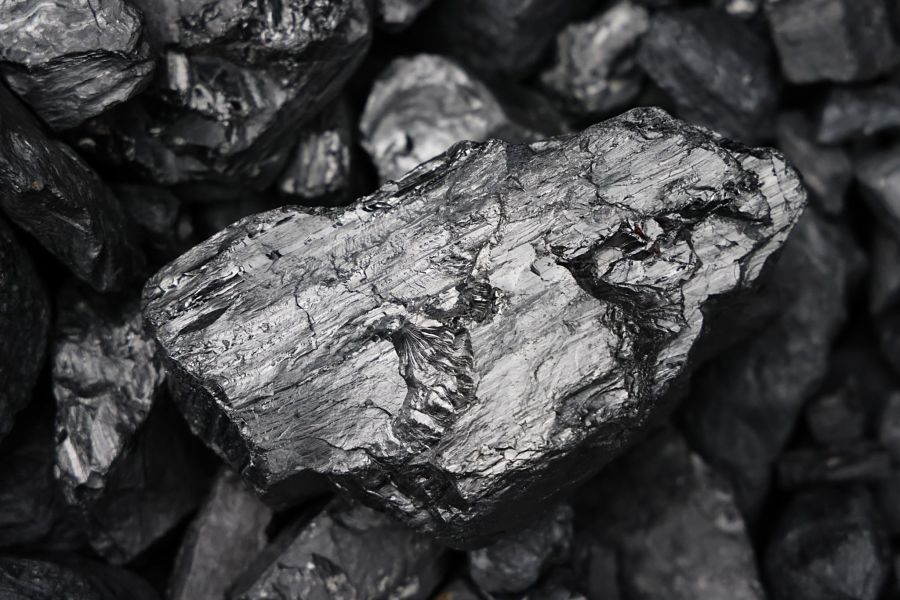Energy Day at COP26 saw two major agreements on the phasing out of coal with more than 40 countries committed to moving away from the fossil fuel, while some 20 countries stated that, from 2022, they will no longer fund unabated fossil fuel projects abroad.
Among the states committing to “accelerate a transition away from unabated coal power generation” were the United Kingdom, Canada and Poland, but the heavily coal-reliant India, China, Australia and the United States did not sign the agreement.
The Financial Times reported the time frame for major economies to transition away from coal was originally 2030, but following negotiations, the Global Coal To Clean Power Transition Statement now has the goal as “in the 2030s (or as soon as possible thereafter).”
For the rest of the world the time frame for transitioning away from coal is the “2040s (or as soon as possible thereafter).”
The countries and organizations supporting the statement committed to “rapidly scale up deployment of clean power generation and energy efficiency measures” and to “rapidly scale up technologies and policies in this decade to achieve a transition away from unabated coal power generation.”
CUTTING COAL FINANCE
Meanwhile, signatories to the Statement on International Public Support For The Clean Energy Transition were a broad mix of countries, including the U.S. and the U.K. In this statement, they agreed to “end new direct public support for the international unabated fossil fuel energy sector by the end of 2022, except in limited and clearly defined circumstances that are consistent with a 1.5 degrees Celsius warming limit and the goals of the Paris Agreement.”
According to a statement from think tank E3G, signatories to the pledge cover around a third of global GDP and put a deadline on public oil and gas finance as well as coal, but the commitment was described as “long overdue.” It noted G20 countries invested at least $188 billion into oil, gas and coal projects abroad in the past three years.
“This statement is a powerful signal to policymakers and investors alike that high climate and investment risks are an inherent part of oil and gas finance, and that no investment in new oil and gas supply is necessary,” said Lisa Fischer, E3G program leader for climate-neutral energy systems.
“It shows growing confidence that employment and revenue opportunities are strongest in the clean energy sector,” Fischer said. “Every cent of public finance in energy overseas should be used to opening these opportunities for nations across the globe.”
For reprint and licensing requests for this article, click here








